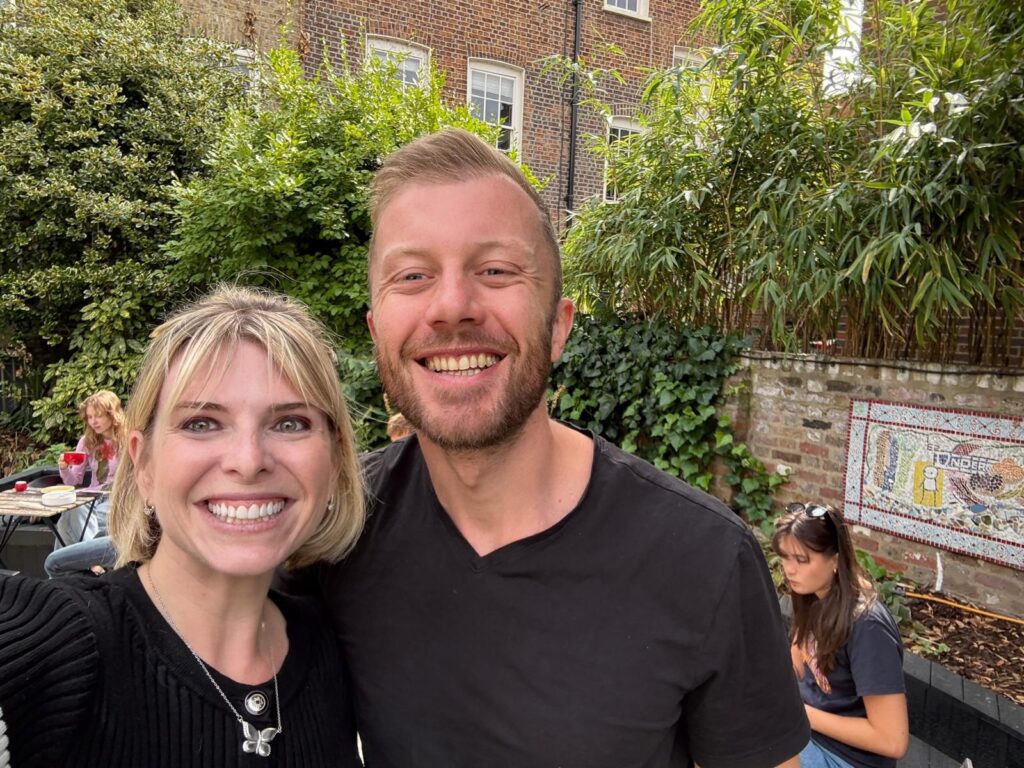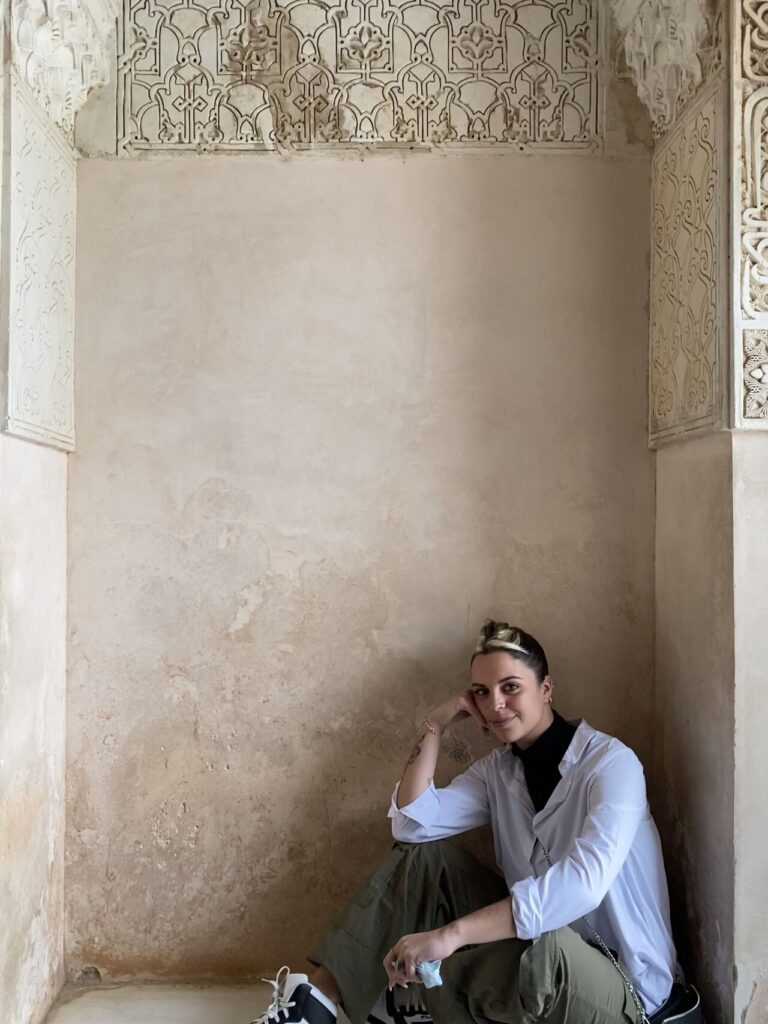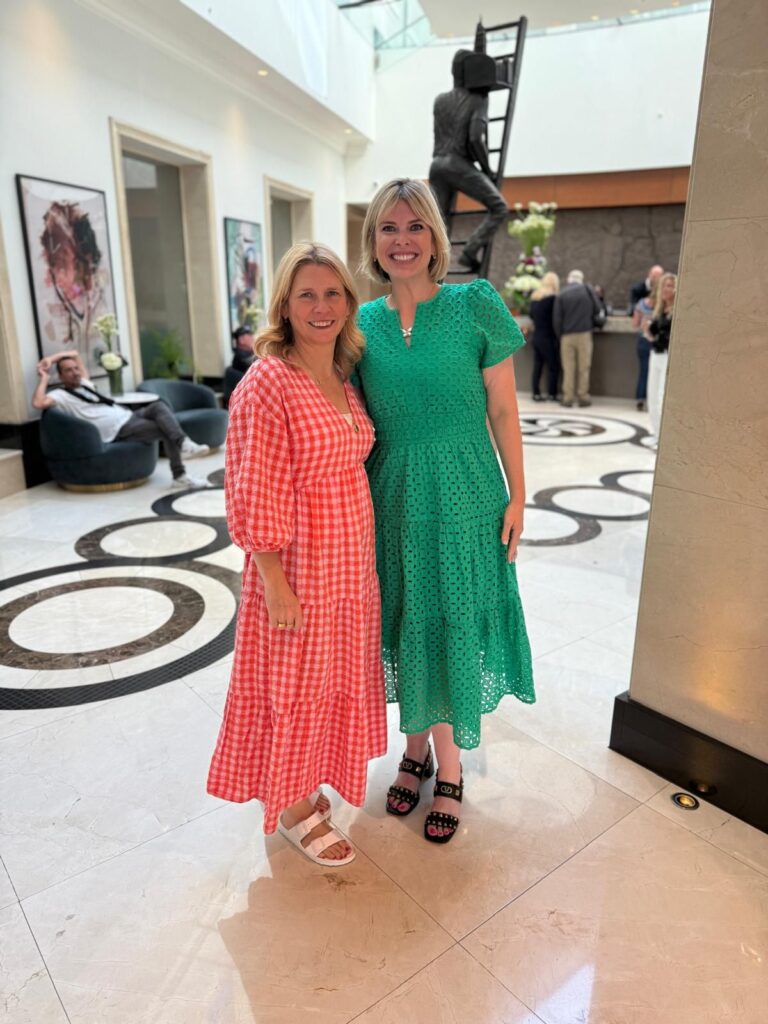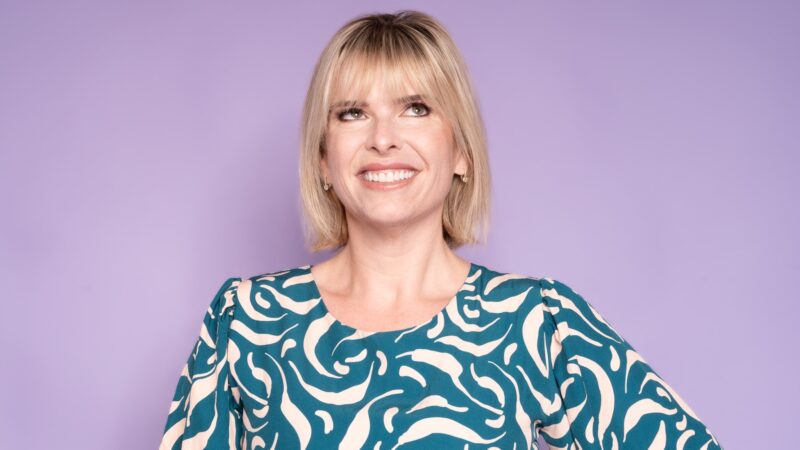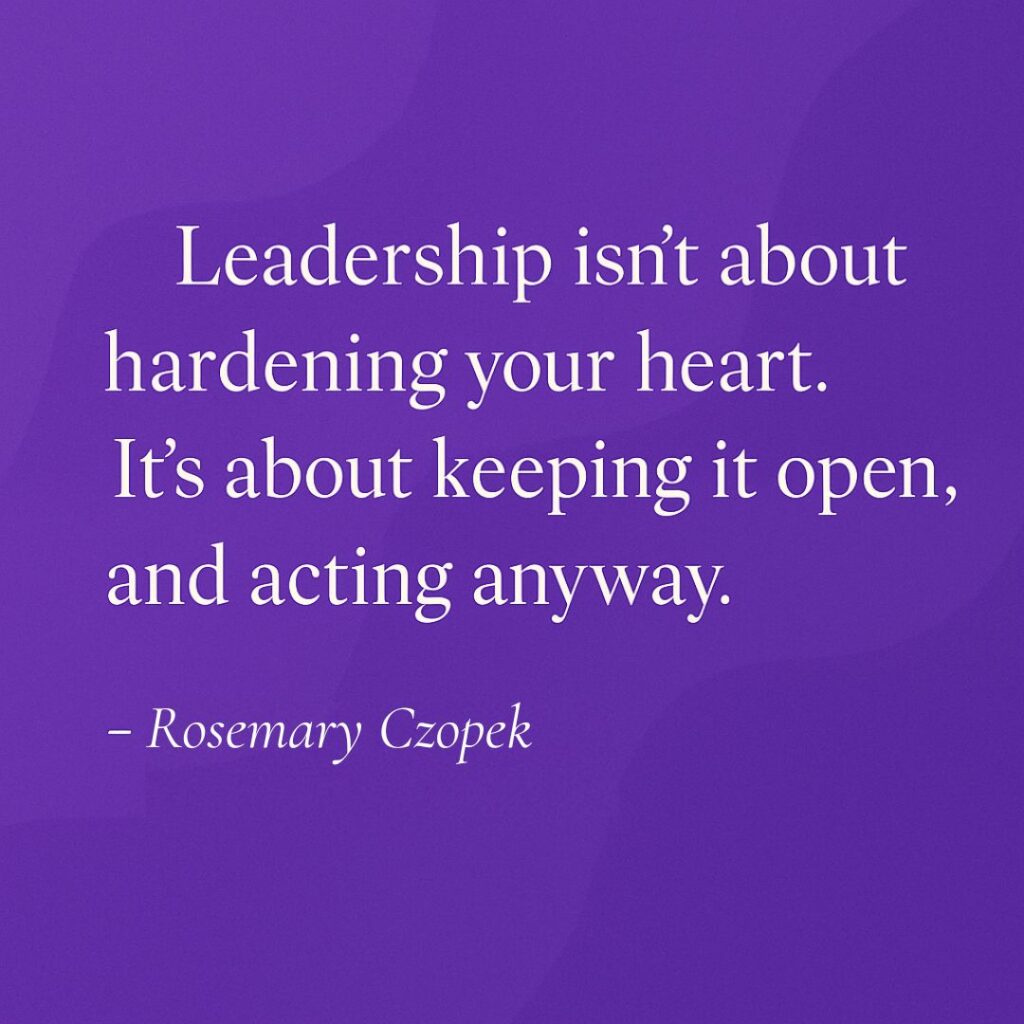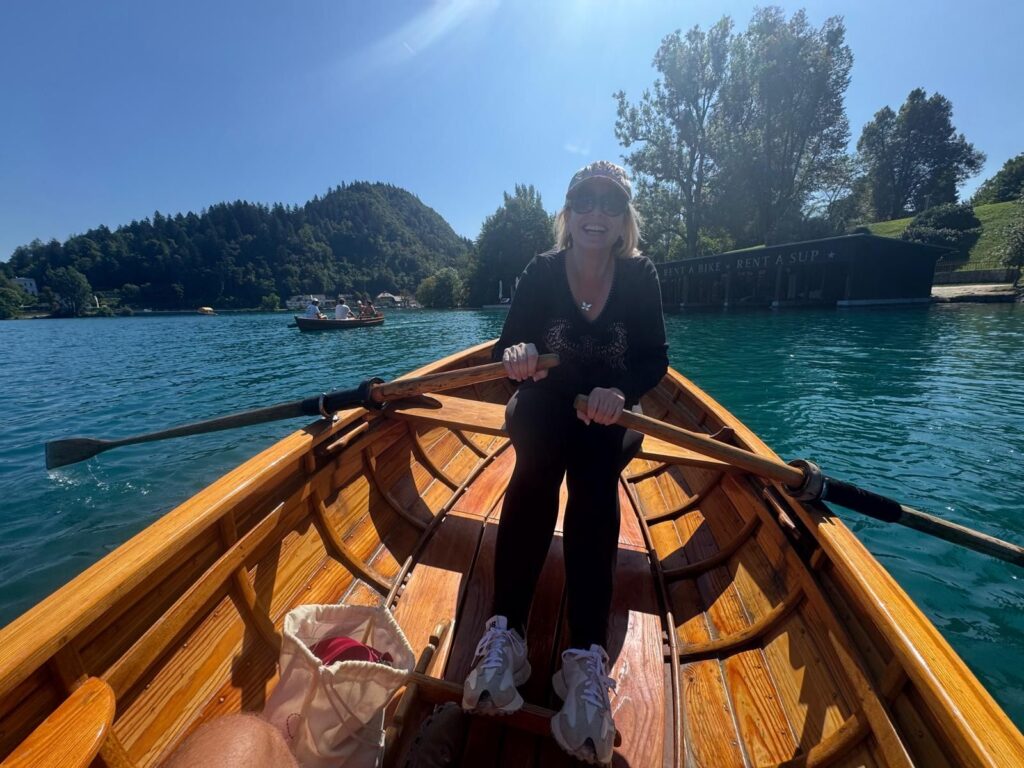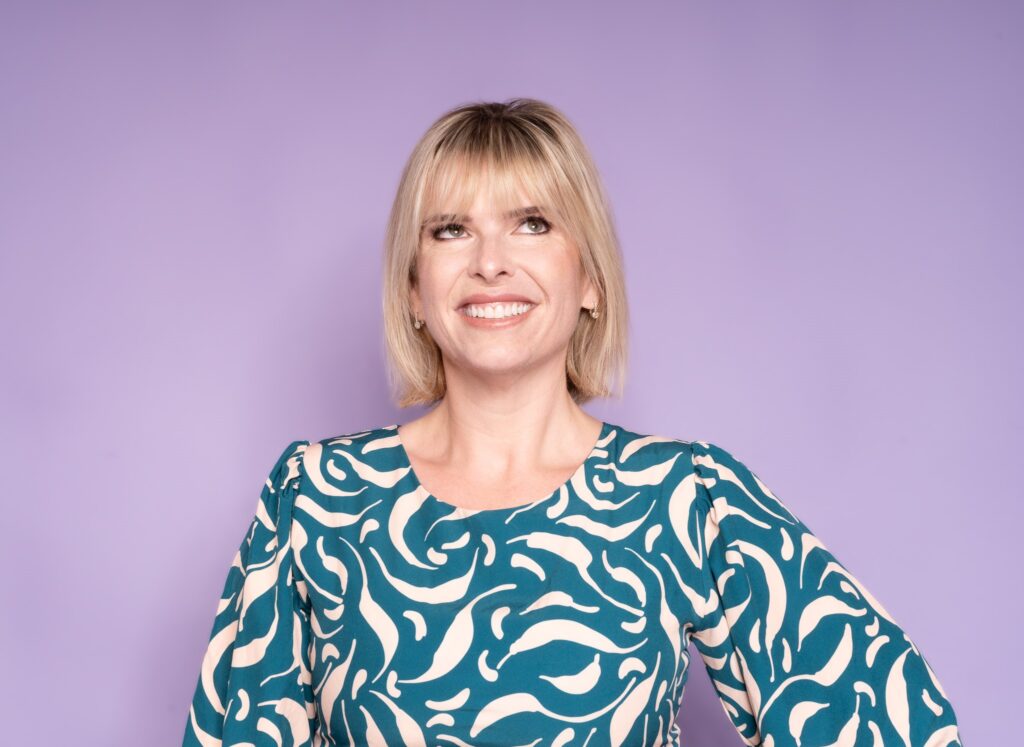Hiring Isn’t Tinder, It’s About Building Relationships
Have we turned hiring into Tinder?
Swipe. Match. Delete.
Hiring has started to look more and more like a high-churn dating game. Job platforms have made applying so easy that an employer can be swamped with hundreds of applications for a single role. A few get shortlisted, some get invited to interviews, and one gets chosen. The others—the ones who made it all the way to final rounds—receive a polite rejection. And that’s the end of the short romance. No follow-up. No “let’s stay in touch.”
A few months later, the new hire doesn’t work out—or another similar role needs to be filled. Suddenly the founder is scrambling: “Do you know anyone good? I need to rehire, fast.” And just like that, they’re back to hiring Tinder. Starting from scratch. Swipe. Match. Delete. Ignoring all the candidates from the last hiring round.
I believe most companies don’t have a hiring problem—they have a relationship problem. Hiring isn’t a one-off transaction. It’s a system of trust that grows over time, if it’s nurtured. It’s about keeping the door open, even when the role is already filled.
But if we treat candidates like one-time bets, it’s no wonder that hiring always feels like a cold start—with too many frogs to kiss before we get lucky (or not). The best founders I see have a relationship management system. Sometimes it’s as simple as adding every applicant on LinkedIn so that, when a new role opens up, previous candidates see it right away. That way, they keep their pipeline warm.
Great talent isn’t something we find at the push of a button. It’s something we build and foster long before we even know we need it.

